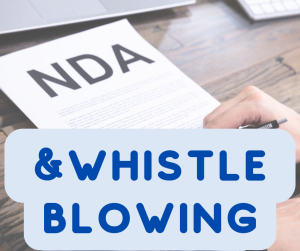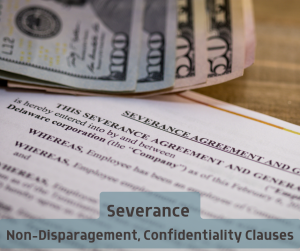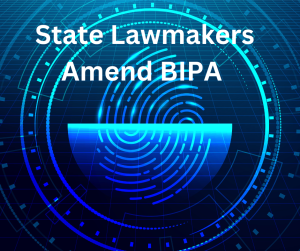Small businesses who enter into non-disclosure agreements (NDAs) with employees need to ensure that those documents clearly delineate that they will not be used to discriminate against those who engage in “whistleblower” activity—or such employers could potentially face unpleasant regulatory consequences.
This was underscored in late July, when the federal Consumer Financial Protection Bureau (CFPB) issued a “reminder” that the Consumer Financial Protection Act establishing the agency bars employers from either firing or otherwise discriminating against employees who participate in whistleblower activity, assuming the business in question is regulated by the CFPB.













